The Shepherds of Israel
Ezekiel 18; 34; 37
LDS manual: here
Reading
We’ve seen some wild behaviour from prophets in the Old Testament. We’ve seen performance art from Jeremiah, a serious cuckold fetish from Hosea, and the bear-tearing hijinx of Elisha. But now we’re going to see the most truly psychotic prophet of all, Ezekiel.
With that comment, I mean no disrespect to people with mental illness. It’s a real problem, and one that can be treated and managed with the help of modern medicine. But Ezekiel didn’t have the benefit of such treatment — and was hailed as a prophet for his erratic behaviour and his deranged rantings. What does it tell us about a society when its craziest people are held up as heroes?
Okay, I just took a look at our society, and you don’t have to answer that question.
But still, Ezekiel is the kind of guy you have to keep a tight leash on. The book of Ezekiel has 48 chapters, and the LDS lesson manual only wants you to read six of them. Why? Steve’s list of the weird bits is not to be missed, but here’s my list of highlights:
• Ezekiel had to build a little fort to besiege the city of Jerusalem, represented by a tile. This was more difficult than it may seem; couch cushions were rare in that region.
4:1 Thou also, son of man, take thee a tile, and lay it before thee, and pourtray upon it the city, even Jerusalem:
4:2 And lay siege against it, and build a fort against it, and cast a mount against it; set the camp also against it, and set battering rams against it round about.
4:3 Moreover take thou unto thee an iron pan, and set it for a wall of iron between thee and the city: and set thy face against it, and it shall be besieged, and thou shalt lay siege against it. This shall be a sign to the house of Israel.
• Then he had to lay on his left side for 390 days, and then he got to turn over and lay on his right side for 40 days.
4:4 Lie thou also upon thy left side, and lay the iniquity of the house of Israel upon it: according to the number of the days that thou shalt lie upon it thou shalt bear their iniquity.
4:5 For I have laid upon thee the years of their iniquity, according to the number of the days, three hundred and ninety days: so shalt thou bear the iniquity of the house of Israel.
4:6 And when thou hast accomplished them, lie again on thy right side, and thou shalt bear the iniquity of the house of Judah forty days: I have appointed thee each day for a year.
• He had to bake bread in an unusual manner. Have you ever seen that Ezekiel 4:9 bread?
It’s based on this passage:
4:9 Take thou also unto thee wheat, and barley, and beans, and lentiles, and millet, and fitches, and put them in one vessel, and make thee bread thereof, according to the number of the days that thou shalt lie upon thy side, three hundred and ninety days shalt thou eat thereof.
Well, that sounds pretty good. I don’t mind barley, or even millet. (I’ve never eaten a fitch.)
But for some reason, the makers of this bread don’t print the method of cooking on the packet.
4:12 And thou shalt eat it as barley cakes, and thou shalt bake it with dung that cometh out of man, in their sight.
4:13 And the LORD said, Even thus shall the children of Israel eat their defiled bread among the Gentiles, whither I will drive them.
Yep, bread cooked over a fire made with human dung.
If you’d like some help making your own Ezekiel bread, you can try this book:
Oh, but that’s not all. You’ll remember that Jeremiah portrayed Israel as a harlot. Well, old Ezekiel takes it over the cliff.
23:20 For she doted upon their paramours, whose flesh is as the flesh of asses, and whose issue is like the issue of horses.
Or as the NIV has it:
There she lusted after her lovers, whose genitals were like those of donkeys and whose emission was like that of horses.
Or as the Internet has it:
Main points from this lesson
The sin of Sodom
16:49 Behold, this was the iniquity of thy sister Sodom, pride, fulness of bread, and abundance of idleness was in her and in her daughters, neither did she strengthen the hand of the poor and needy.
16:50 And they were haughty, and committed abomination before me: therefore I took them away as I saw good.
Sticks of Judah and Joseph
Ezekiel 37 contains probably the clearest example of the way Mormons cherry-pick from the Bible. All through my youth, I heard that the Bible prophesied of the coming forth of the Book of Mormon, based on this scripture:
37:15 The word of the LORD came again unto me, saying,
37:16 Moreover, thou son of man, take thee one stick, and write upon it, For Judah, and for the children of Israel his companions: then take another stick, and write upon it, For Joseph, the stick of Ephraim and for all the house of Israel his companions:
37:17 And join them one to another into one stick; and they shall become one in thine hand.
What could this mean? The LDS lesson manual rather blithely states
• How has the prophecy in Ezekiel 37:15–20 been fulfilled? (See 1 Nephi 5:14; 2 Nephi 3:12; D&C 27:5. Explain that the word stick in these verses refers to a type of wooden writing tablet commonly used in Ezekiel’s day. The stick of Judah symbolizes the Bible, and the stick of Joseph symbolizes the Book of Mormon.)
A wooden writing tablet? I don’t speak Hebrew, but that isn’t one of the meanings in Strong’s. It just refers to trees, or actual sticks.
But that doesn’t really matter. All we have to do is keep reading to see what Ezekiel meant:
37:18 And when the children of thy people shall speak unto thee, saying, Wilt thou not shew us what thou meanest by these?
37:19 Say unto them, Thus saith the Lord GOD; Behold, I will take the stick of Joseph, which is in the hand of Ephraim, and the tribes of Israel his fellows, and will put them with him, even with the stick of Judah, and make them one stick, and they shall be one in mine hand.
37:20 And the sticks whereon thou writest shall be in thine hand before their eyes.
37:21 And say unto them, Thus saith the Lord GOD; Behold, I will take the children of Israel from among the heathen, whither they be gone, and will gather them on every side, and bring them into their own land:
37:22 And I will make them one nation in the land upon the mountains of Israel; and one king shall be king to them all: and they shall be no more two nations, neither shall they be divided into two kingdoms any more at all.
Ezekiel’s meaning is rather straightforward: he was taking two sticks and putting them together, as a way of saying that Jehovah / Jesus was going to join the tribes of Israel together after their separation. There’s nothing to suggest that any books are involved.
The LDS lesson manual allows for the “reunion” interpretation, and yet sticks to the “sticks” interpretation.
Explain that Ezekiel’s prophecy of the sticks of Judah and Joseph has a dual meaning. It refers to the latter-day combining of the scriptural records of Judah and Joseph (Israel). It also refers to the latter-day reunion of the kingdoms of Judah and Joseph (Israel).
So the church is hanging a lot on tenuous word games. No surprises there.
Additional lesson ideas
Failed prophecy about Tyre
With his prophecy of the destruction of Tyre, Ezekiel falls flat. God says (three times!) that Tyre will be destroyed, and never be built again.
26:7 For thus saith the Lord GOD; Behold, I will bring upon Tyrus Nebuchadrezzar king of Babylon, a king of kings, from the north, with horses, and with chariots, and with horsemen, and companies, and much people.
26:8 He shall slay with the sword thy daughters in the field: and he shall make a fort against thee, and cast a mount against thee, and lift up the buckler against thee.
…
26:14 And I will make thee like the top of a rock: thou shalt be a place to spread nets upon; thou shalt be built no more: for I the LORD have spoken it, saith the Lord GOD.27:36 The merchants among the people shall hiss at thee; thou shalt be a terror, and never shalt be any more.
28:19 All they that know thee among the people shall be astonished at thee: thou shalt be a terror, and never shalt thou be any more.
Actually, Tyre still exists, and has for thousands of years. It’s on Wikipedia’s list of the oldest continuously inhabited cities in the world.
Even Jesus is said to have visited it. One wonders if he was puzzled by its persisting existence in defiance of his edict.
But then Ezekiel said the same thing about Egypt, and that didn’t happen.
29:9 And the land of Egypt shall be desolate and waste; and they shall know that I am the LORD: because he hath said, The river is mine, and I have made it.
29:10 Behold, therefore I am against thee, and against thy rivers, and I will make the land of Egypt utterly waste and desolate, from the tower of Syene even unto the border of Ethiopia.
29:11 No foot of man shall pass through it, nor foot of beast shall pass through it, neither shall it be inhabited forty years.
Oh, Ezekiel!
More of him next time.
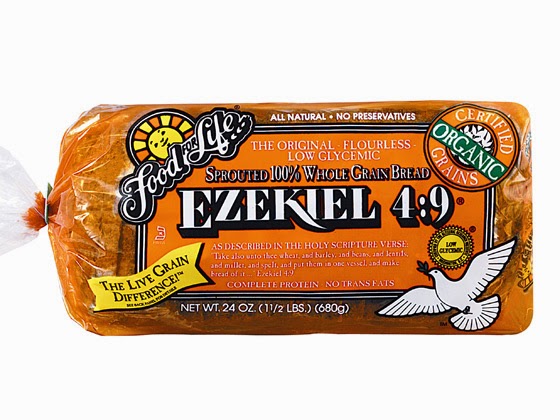
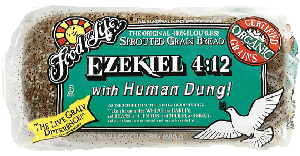
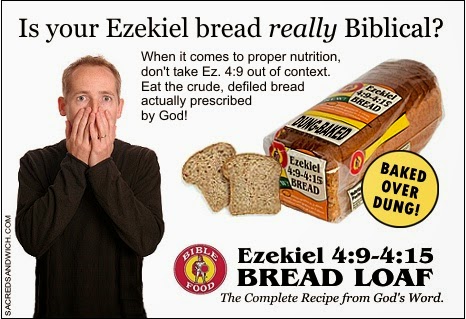
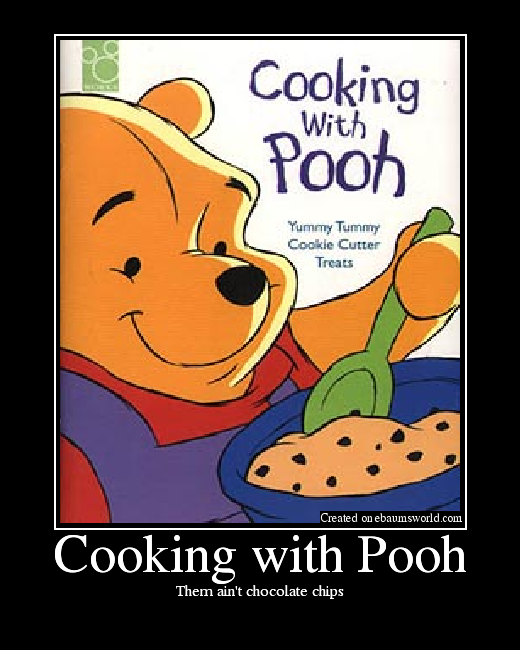
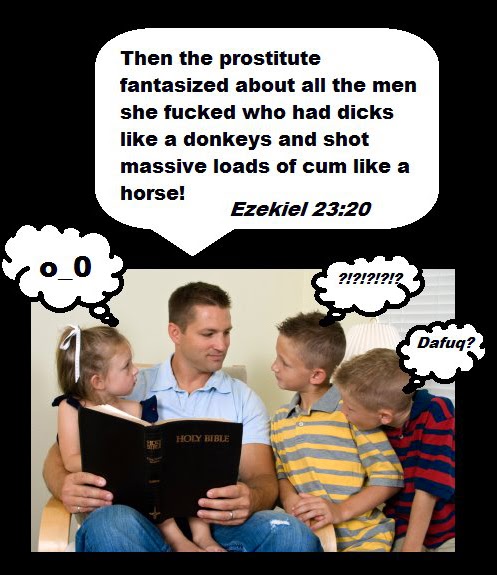
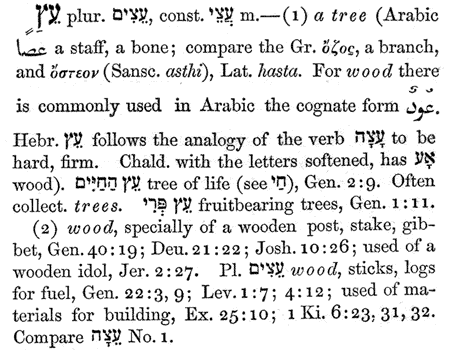
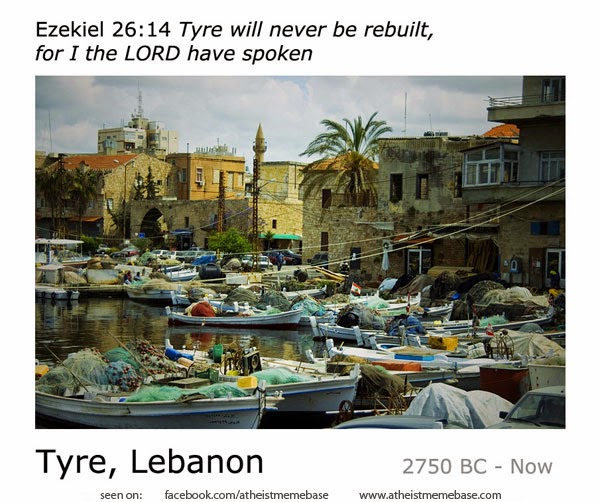
Recent Comments